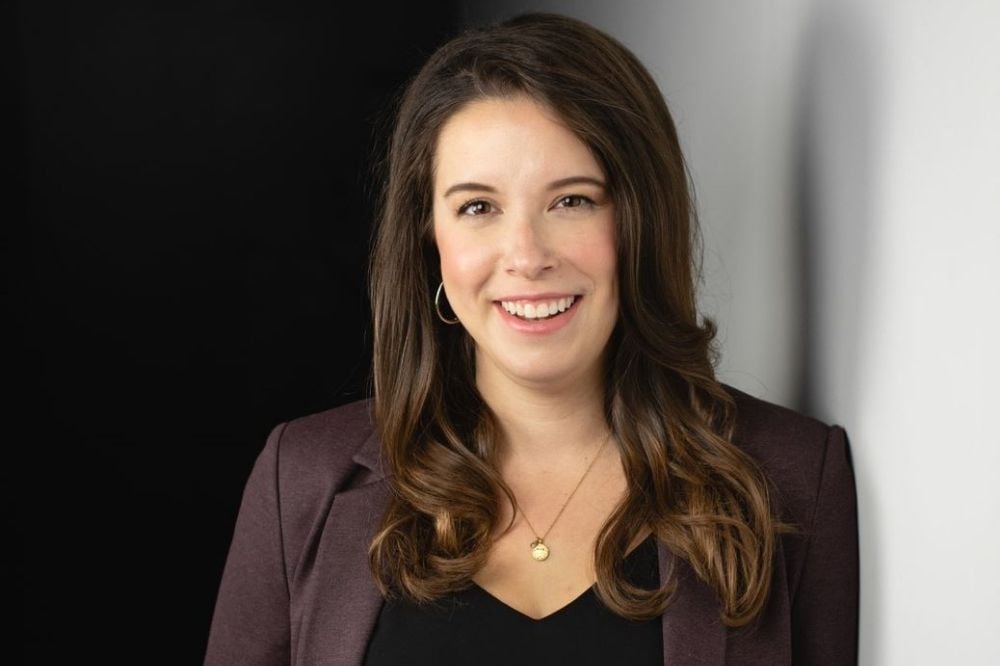End-of-life planning expert on the need to help clients prepare multiple branches of support in old age

Over the next few years, the Canadian wealth landscape is expected to shift tremendously as an estimated $1 trillion intergenerational transfer changes hands from the Baby Boomers to succeeding generations. But as retirees and near-retirees prepare to pass on their fortunes, they could be headed for a huge pitfall.
“A lot of people have really good intentions and want to do the right thing by their family and loved ones. But a lot of times, those good intentions are squashed by the fact that they live a lot longer than they think they're going to.” says Mallory McGrath, CEO at Viive Planning. Her company is focused on helping families plan collaboratively for the aging and end-of-life process.
McGrath says members of the silent generation, who were born from 1928 until 1945, are now living into their late 80s and early 90s. Because they did not expect that life expectancy, many from that cohort have not necessarily planned to pay for the associated costs, which includes chronic diseases.
In Canada, men can expect to live up to the age of 86 on average, while women live up to 89. According to Health Canada data, three out of four Canadians who are over the age of 65 have at least one of 10 common chronic diseases. That means the average retiree faces a real possibility of living with a chronic condition – and living on a limited stream of income – for at least two decades.
“At my company, we really strive to educate and encourage members of the Baby Boomer generation to reflect on what the silent generation has gone through,” McGrath says. “We’re at a point in human existence when people are living longer than ever, and chronic diseases are much more prevalent. People generally aren’t used to what it means for their wealth, and whether they’ll be able to pass on anything at all to the next generation.”
It’s not just the risk of outliving their wealth that Canadians should take stock of. While many parents talk about not wanting to burden their children in their old age, they often fail to account for the toll chronic diseases can have on their quality of life, and how they’ll need more day-to-day care. Even if someone’s physically able in their old age, she says, that still leaves the question of mental capacity, which could also drain people’s finances as they require more care.
To properly prepare for those risks, McGrath says Baby Boomers should think about different forms of support during their old age.
First, there’s financial support from advisors and accountants who can safeguard their wealth, as well as help them plan out how much they’ll need to set aside to pay for care in their old age. Medical support, she adds, will be crucial to help them understand the illnesses they may develop in their old age.
“I think a lot of times we just receive a diagnosis, and take medications for an illness, but don't really appreciate the impact on our bodies and quality of life,” McGrath says.
Familial support is another important dimension to consider. Many elderly parents take it for granted that their adult children will take care of them, without really thinking about how their careers, spouses, and families will affect their capability to do so. On the flip side, those without children, nieces, or nephews may think their estate planning situation is easy, but fail to ask who’ll be taking care of them in their old age.
“I think what's really key is looking at support from a much more well-rounded angle,” McGrath says, emphasizing the importance of both professional and familial support for Canadians in later life.
And while financial advisors are increasingly expected to deliver holistic planning services, she also acknowledges that they may not be equipped to ask the hard, family-oriented questions needed to properly help their clients plan for the future. In those cases, she recommends that financial professionals nudge clients to get expert help from mediators, counsellors, and other qualified experts who can spark the conversations that can be hard for Canadian families to have.
“It doesn't have to be your job to do this. But at the very least for the good of your client and their money and their estate and their family, you need to advocate for them to have these conversations with someone,” she says.



